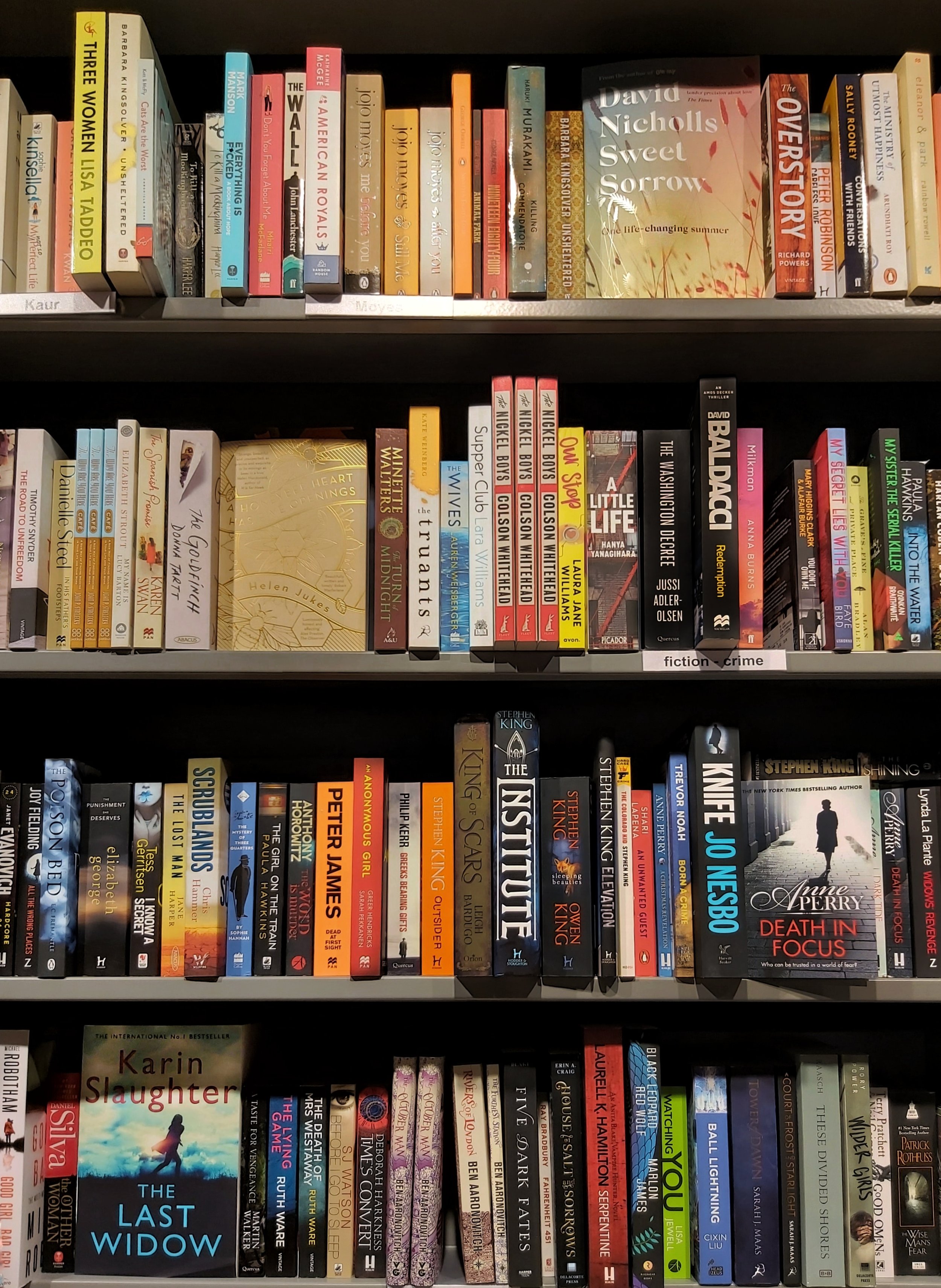Day 159: Speculative Fiction as a Policy Tool
Photo by Vedhas Pathak on Unsplash
Law professor Matthew Boaz has argued that
speculative fiction, including narratives that are apocalyptic in nature, can be useful for conceiving of future policy …. Indeed, this specific narrative form is inextricably bound up with the law because speculation is such an innate part of policy making and interpreting the law.
Boaz argues that the source of these policies must shift, however: Instead of the apocalyptic narratives used as justification for restricting immigration during the Trump administration, policymakers should look to speculative fiction by writers from marginalized communities for a more complete and generative vision.
Narrative and Policy
My past work in narrative history as a tool for policy redirection prompted a colleague to connect me with Boaz and his work on speculative fiction. Boaz and I met today to discuss teaching and writing about immigration law, including the potential for and limits of narrative for driving policy.
As a law professor who identifies as White, I cannot offer the kind of perspective that Boaz usefully advocates as an alternative source for speculative fiction on immigration.
But I can offer an authentic narrative voice on a related issue: the turf battles and culture wars over immigration between and among those of us whom the law defines as U.S. citizens by birth.
I’m exploring that theme on How We Got Here and in books of both narrative history and, eventually, historical and futuristic fiction.
(This could take a while, so I also take a multivitamin every day ;-) )
